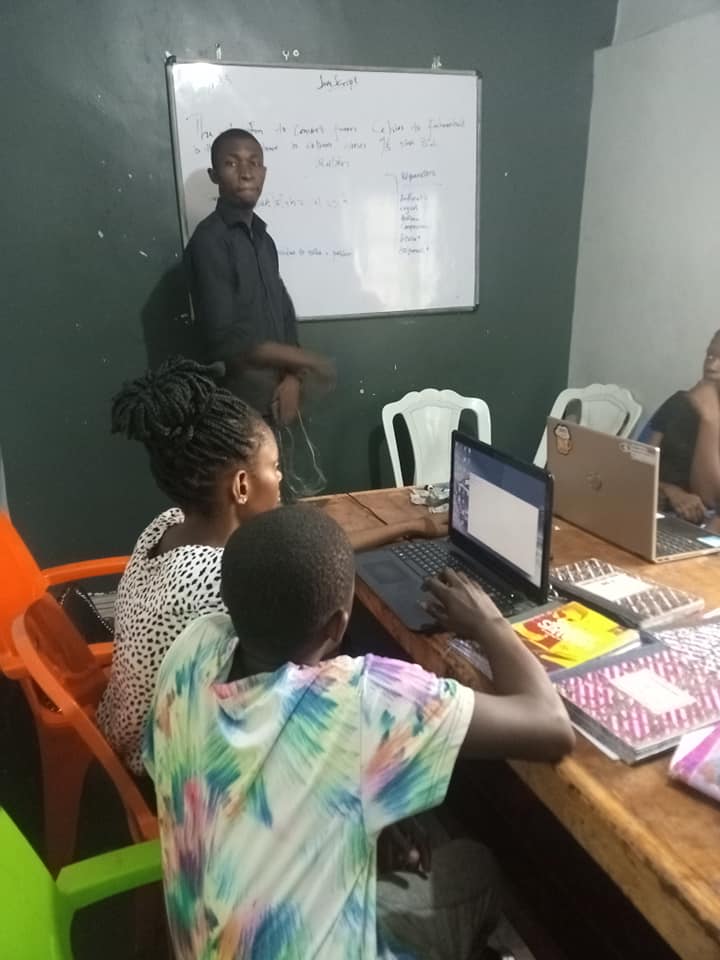Check out our second promo for #transvision #future Summit 2021 (#madrid Oct. 8 — 12), featuring the optional dinner/cocktails we are scheduling, and 2 full-day #tours of several #unescoworldheritage sites and historical places near Madrid: Segovia, Ávila, Monsaterio de El Escorial & Valley of the Fallen on Oct. 11 and Alcalá de Henares, Aranjuez & Toledo on Oct. 12. It’s going to be espectacular! You don’t wanna miss those, so get your tickets now! 😊 Get your tickets here -> www.TransVisionMadrid.com.
The event itself will be a lot of fun, so make sure to register to come to Madrid in person, or to watch it via streaming (at a reduced price). There will be talks about #longevity #artificialintelligence #cryonics and much much more.
Promo by Sergio Tarrero for Alianza Futurista as Diamond Sponsor of TransVision Future Summit 2021. Alianza Futurista will also provide live video production, streaming and post production services for this event.
Humanity Plus Humanity Plus Magazine Ilustre Colegio Oficial de Médicos de Madrid (ICOMEM) Alcor Life Extension Foundation Cryonics Institute Cryonics Institute Posthuman Network Posthuman Network Cryonics4U Longevity Conferences Longevity for All International Longevity Alliance U.S. Transhumanist Party Transhumanist Party Australia Transhumanist Party Australia Group Transhumanist UK Rational Transhumanism Singularity University Ray Kurzweil Ray Kurzweil Singularity Ray Kurzweil Singularity Ray Kurzweil’s Singularity Singularity Hub Singularity Network Transhumanismo Brasil SingularityNET Singularitarianism Foresight Institute Lifeboat Foundation Machine Intelligence Research Institute KrioRus The Hedonistic Imperative — Paradise Engineering Future of Life Institute Future of Humanity Institute (Oxford University) The Long Now Foundation Global Catastrophic Risk Institute CLUB DE SEGUIDORES DE JOSÉ LUIS CORDEIRO (OFICIAL) Aubrey de Grey Dr. Aubrey de Grey HashtagTeam 🤩




